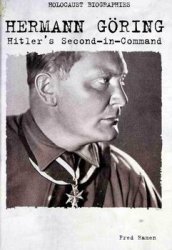From at least the early thirteenth century Florence’s history was dominated by a competition, more intense and longer-lasting than similar confrontations elsewhere in Italy, between two distinct but overlapping political cultures and classes: an elite of powerful, wealthy families of international bankers, traders, and landowners organized as agnatic lineages; and a larger community of economically more modest local merchants, artisans, and professional groups organized in guilds and called the popolo. Although both classes originated in the economic expansion and political fragmentation of Italy in the eleventh and twelfth centuries, only after about 1200 do their social physiognomies emerge with clarity. It is not easy, or perhaps necessary, to say which of them took shape first. The early commune was an association of self-selected citizens from mostly elite families that did not embrace the entire population, and the early growth of the popolo took place outside the commune’s formal structures. When, in the early and mid-thirteenth century, the popolo began to challenge the elite and recast the commune in its own image, its political culture and institutions displayed strength and sophistication suggesting an already long development. This chapter offers a portrait of the early elite (its family structures, modes of behavior, self-image, and culture), as the next chapter will do for the popolo. They are thus presented separately for purposes of analysis, but elite and popolo in fact emerged and developed in constant dialogue and conflict.
Florentines typically called these powerful families the “grandi,” whose literal translation as the “great” is clumsy and potentially misleading. Since “grandi” were not a legally defined order with titles, “nobility” would be even more misleading, and “aristocracy,” apart from implying judgments that may be unwarranted, suggests long-term hegemony that cannot account for the mobility and conflict within Florence’s volatile class structure. Thus I use “elite” as the best, but not perfect, English equivalent.




 World History
World History









